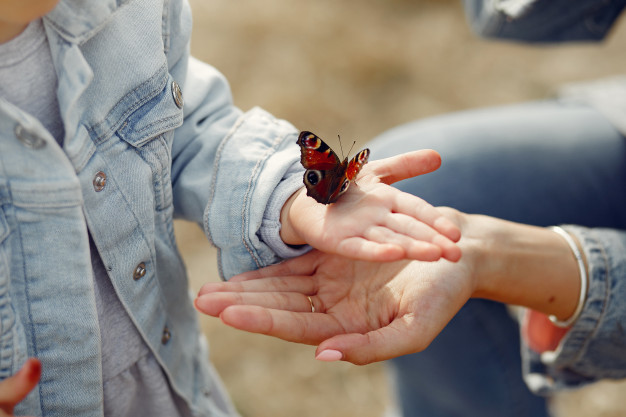The flapping of a butterfly in Brazil makes a tornado appear in Texas

Contents of the article
Does the flapping of a butterfly in Brazil make a tornado appear in Texas?
With this question, set out by Edward Norton Lorenz in 1972 at the annual meeting of the American Association for the Advancement of Science, the world became familiar with this concept:
A minor, insignificant event, such as the flapping of a butterfly, can alter in the medium or long term a highly relevant sequence of events or, in other words, a small initial movement can enter an amplification process and grow and grow until transforming the breeze into a gale.
The breeze: Spanish students want to learn to “fly”
In a recent survey conducted by Cambridge Assessment, it is pointed out that 46% of Spanish students consider that the climate crisis is the main problem facing the world today.
The most incredible thing (who would say it) is that, according to this survey, Spanish students seem to be the most aware (or the most concerned) worldwide.
And the immensely positive thing is that 98% of the respondents want to learn, they want to know, they want truthful information, and they want to receive it in the academic field.
But in the classrooms of schools and institutes, what is taught about the environment or the climate change?
4 out of 10 of these boys and girls who want to know more and live in a more sustainable way affirm that this topic (climate change, preservation of the environment, recycling, etc.) is not mentioned in the classroom. They say that they don’t even speak about it, it is neither taught nor worked … as if it didn’t exist.
Why?
Especially because there is still no specific subject, like, for example, there is Mathematics, Physical Education, Sciences or History of Literature.
Therefore, since it is not foreseen in the academic curriculum, in school, boys and girls learn more, less or nothing depending on the amount of personal initiative of the teachers and professors, and the greater or lesser awareness and formation of those who teach.
We have wings (like those of the butterfly): let’s use them
If we intend to alleviate or reverse the environmental situation, also in classrooms (especially in classrooms) we must learn to spread our wings, beat them with force and wait for today’s small actions to grow, amplify and become the social gale that must prioritize preservation and coexistence.

